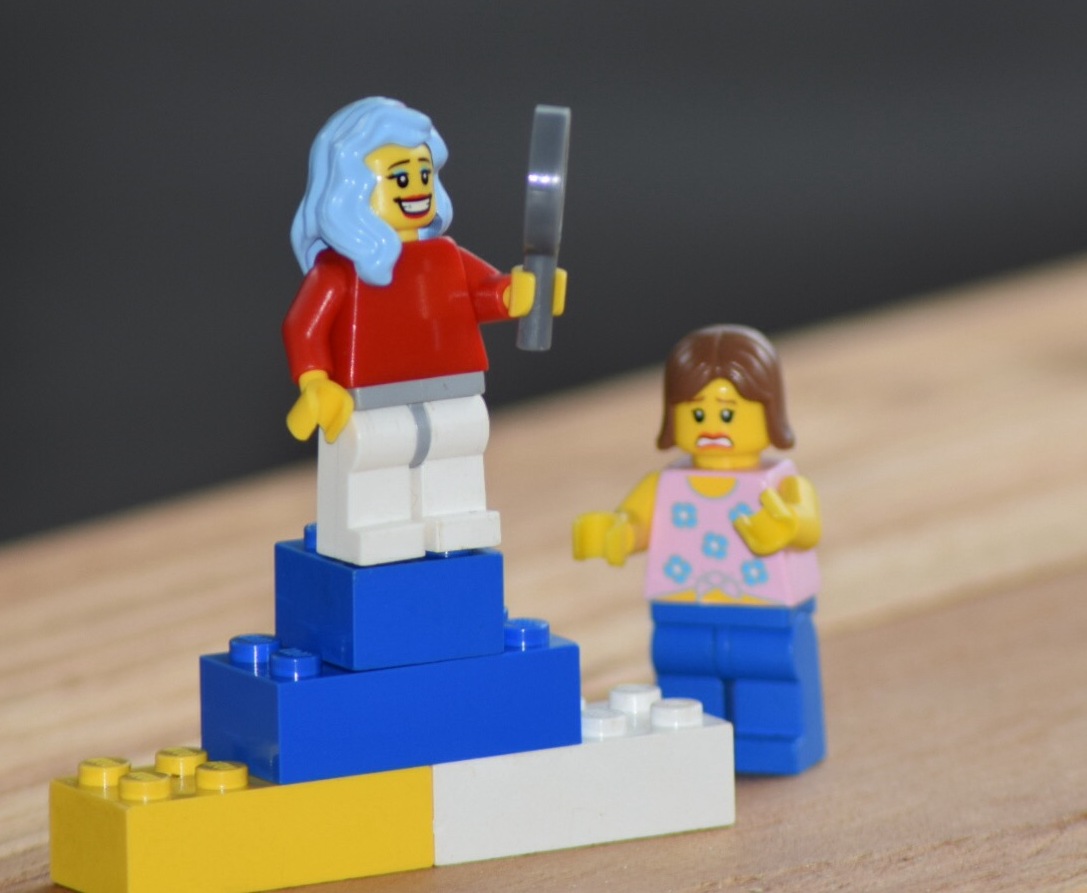Back in the day, well, back in the Ancient Greek day, there was a story about a guy, Narcissus, and the girl who fell for him, Echo. Not a very happy story, I’m afraid, because Narcissus ends up falling in love with his own reflection and both he and Echo are left pining for a love interest that cannot love them back. No, Disney-type happily-ever-after there.
Narcissism is a sad and lonely trait. While most of us are keen to have positive self esteem and feel good about ourselves, extreme levels of narcissism in some people can lead to them being diagnosed with a personality disorder. In extreme cases, narcissists struggle to function in day to day lives and relationships because they are totally driven to feel good about themselves with no care about the expense to others. Narcissists value other people only when they can help them achieve their own self-centred goals. Narcissists often exaggerate their talents and achievements, feel superior to others and believe that they deserve exceptional treatment. They find it hard to tolerate negative feedback and will more likely deny or blame others. They can even re-interpret past events so that they are more self-flattering and they will bias their ideas about others so that they feel like they are more accepted and desired than they may truly be.
At times, these narcissist individuals may well accrue a “posse” of Echoes. Echoes will often throw themselves into supporting their narcissist to the extreme in the hope that maybe one day their efforts will be noticed and appreciated by their Narcissus. It’s sad at a lot of interpersonal levels.
It is thought that the intense self-absorption of the narcissist is likely all an over compensation. Those who feel terribly inadequate will look to get any form of self-esteem they can grab, and at any cost. It would seem that, if you were Dr Frankenstein and wanted to set out to make a narcissist for your collection, there would be a certain recipe that you would need to follow. First, you would need to find a little one who had a history of narcissism in their family, someone who had either been told that they were special and deserved better and more than the average child or someone who was being raised by very cold and aloof parents who did little to nurture the child’s self esteem. Then, once you had this basic ingredient, when the child was about eight years old, you would need to dish them up a situation in which they suffered a terrible blow to their ego. In other words, psychologists believe that a tendency for narcissism can be inherited, but that it likely needs a stressor and certain parenting styles to turn it on and bring it forward.
There are various times during a child’s development where it is totally normal for them to be self centred. The desire to feel good about ourselves is universal, but most of us also have a desire to be helpful. When we are infants, we are very dependent on others, but it seems that we still have an inborn ability to want to be helpful. Research on those as young as 18 months has indicated that most are keen to help. A researcher pretended to drop a peg whilst hanging out washing. All of the little ones in his study helped him to pick the peg up without even being asked. If he threw the peg down, though, they were less likely to help. Little ones can distinguish when someone needs help and decide to help them at a very early age.
It seems that both selfish and altruistic tendencies are there from the beginning. If a child grows up in an environment where they need to fend for themselves, it is likely that the “selfish” (probably better to see it as “adaptive”) tendencies are going to serve to meet their needs best. If the child is nurtured and has pro-social role models, then the altruistic or helpful tendencies may be more adaptive. From middle childhood (about eight years old) to adolescents, children are keenly developing awareness of who they are and hankering for more favourable feedback and less criticism. By adolescence, the opinion of others becomes all important and increasing time is spent on self-reflection (sometimes for lengthy times behind closed bedroom doors or in front of the bathroom mirrors). Non-narcissists seek self esteem from naturally occurring situations, they don’t go to lengths to derive dominance. Non-narcissists also want to connect and have warmth and have concerns for any negative impacts on others.
Psychologists believe that you can bring a caring and cooperative side out in children by giving them opportunities to work together and for the community. However, before you sign up your child for some sort of national service, it’s important to know that opportunity alone may not make the difference. Alongside opportunity we also need to help children to understand and reflect on their services to other is a bigger picture. Children who are taught about inequities in education and then go and volunteer to help other children are more likely to hang on to their altruism for longer.
Ultimately, we don’t want to raise a Narcissus or an Echo. Helping youngsters find the right balance between self-absorption and altruism is another important role of parents and educators. It requires:
- genuine care and nurturing,
- a “just right” amount of ego boost and praise,
- modelling helpful behaviour,
- educating children about the inequities in the world and the ways that they can help and
- providing children with opportunities to help others
Promoting that part in a child that will pick up a dropped peg, but not having them devote their entire being to serving others is the best way of increasing the likelihood of more happily-ever-after.
